-
KOSPI 2812.05 +41.21 +1.49%
-
KOSDAQ 756.23 +6.02 +0.80%
-
KOSPI200 376.54 +6.64 +1.80%
-
USD/KRW 1373 3.00 -0.22%
Samsung to ramp up hiring for foundry business
Korean chipmakers
Samsung to ramp up hiring for foundry business
The chipmaker plans to recruit 7,000 employees for its semiconductor division this year alone
By
Jul 27, 2022 (Gmt+09:00)
2
Min read
News+
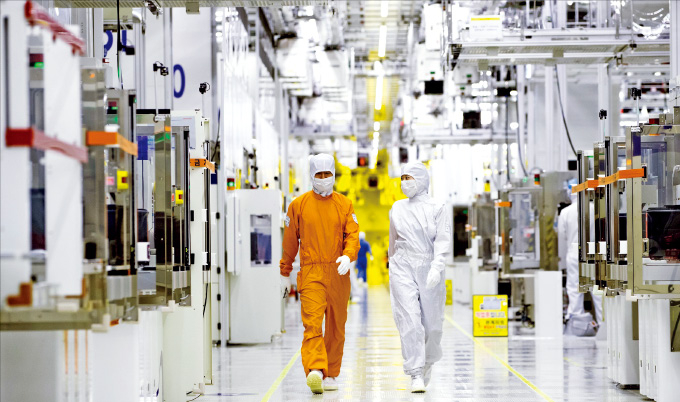
South Korea's Samsung Electronics Co. plans to sharply increase the number of local employees in its semiconductor division this year to address talent shortages unique to the foundry business.
The world’s top memory chipmaker seeks to add 7,000 employees this year and train them as skilled semiconductor workers, according to officials familiar with the matter on Tuesday.
That is its largest recruitment drive since it hired 5,000 new employees in 2020 for the digital service division.
“In the foundry business, Samsung is facing a bigger labor shortage than its competitors,” said one of the sources.
“The majority of new employees will likely be dispatched to foundry production lines.”
Since 2018, Samsung has recruited about 3,000 workers per year. As of end-2021, it employed 63,000 semiconductor workers; that figure had increased to 67,000 as of the end of the first half of this year.
About 60% of workers are dedicated to the memory chip segment. By comparison, foundry leader Taiwan Semiconductor Manufacturing Co. (TSMC) has about 64,000 workers dedicated to the foundry business.
Samsung’s hiring spree follows its parent Samsung Group’s announcement in May of its largest-ever investment plan of 450 trillion won over the next five years. Most of the spending is slated to go toward its semiconductor sector as it expands production lines both in Korea and the US.
The group earmarked 80% of the investment, or 360 trillion won, for domestic spending.
In the US, Samsung operates two chip plants in Austin, Texas, and plans to build a second foundry plant in Taylor, Texas, for $17 billion.
The facility expansion comes as the semiconductor industry undergoes a shift to small-scale production of various types of semiconductor chips, which requires heavy spending on R&D.

Foundry leader TSMC and Intel Corp. are known to be in a rush to hire skilled semiconductor workers, having reached out to executives of Samsung Electronics and SK Hynix Inc., the world's No. 2 memory chipmaker.
TSMC is expanding its production lines in the US and Japan. Intel announced its re-entry into the foundry market last year.
RETIRED EXECUTIVES AS SEMICONDUCTOR PROFESSORS
To ease a dire manpower shortage in the semiconductor industry, the Korean government unveiled a plan this month to train 150,000 individuals at universities over the next decade.
In line with the higher student quotas for semiconductor departments at local colleges, Samsung is in talks with universities to dispatch its retired senior executives and those nearing retirement as research professors.
Korea’s semiconductor industry is expected to face a shortage of at least 30,000 workers over the next year, according to the Korea Semiconductor Industry Association.
Write to Shin-Young Park at nyusos@hankyung.com
Yeonhee Kim edited this article
More To Read
-
 Korean chipmakersSamsung Elec. celebrates world's first shipment of 3-nanometer chips
Korean chipmakersSamsung Elec. celebrates world's first shipment of 3-nanometer chipsJul 25, 2022 (Gmt+09:00)
-
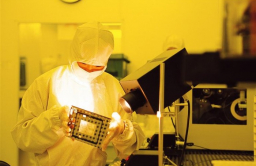 Korean chipmakersSouth Korea to cut red tape, raise student quota to grow chip talent
Korean chipmakersSouth Korea to cut red tape, raise student quota to grow chip talentJul 19, 2022 (Gmt+09:00)
-
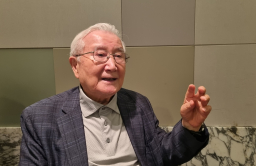 Korean chipmakersEx-Samsung exec says Korea chip sector needs more support
Korean chipmakersEx-Samsung exec says Korea chip sector needs more supportJun 22, 2022 (Gmt+09:00)
-
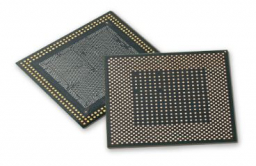 Korean chipmakersSamsung to boost chip substrate investment after Apple order
Korean chipmakersSamsung to boost chip substrate investment after Apple orderJun 22, 2022 (Gmt+09:00)
-
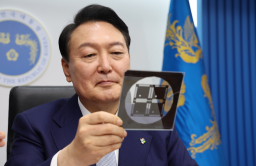 The Deep DiveWhy Korean chipmakers struggle with talent shortages
The Deep DiveWhy Korean chipmakers struggle with talent shortagesJun 10, 2022 (Gmt+09:00)
-
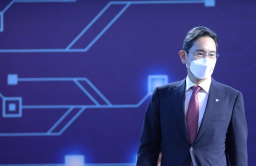 Corporate investmentSamsung to invest $355 billion in chip, biotech, 6G over five years
Corporate investmentSamsung to invest $355 billion in chip, biotech, 6G over five yearsMay 24, 2022 (Gmt+09:00)
-
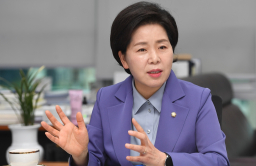 Korean chipmakersKorea may be backpedaling in semiconductor push: Lawmaker
Korean chipmakersKorea may be backpedaling in semiconductor push: LawmakerMay 20, 2022 (Gmt+09:00)
-
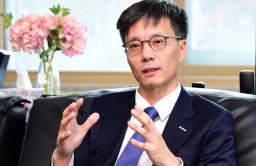 Korean chipmakersKorea losing ground in semiconductor talent development
Korean chipmakersKorea losing ground in semiconductor talent developmentMay 09, 2022 (Gmt+09:00)


